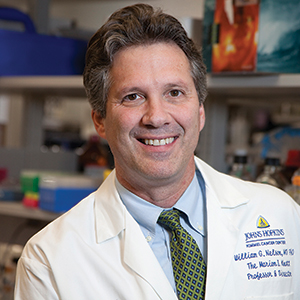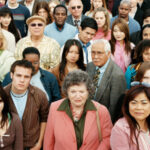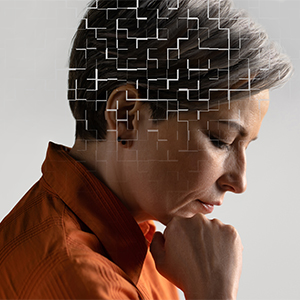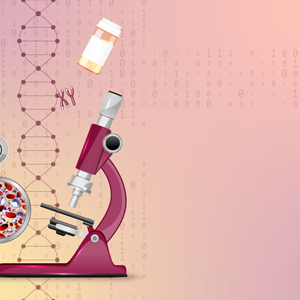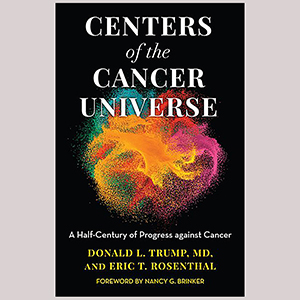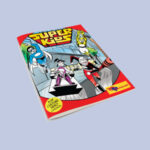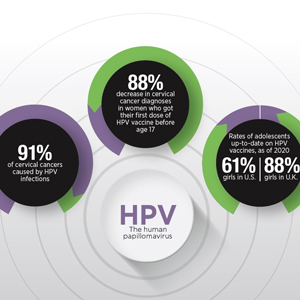Spring 2022 Vol. 12 Issue 01
-
From the Editor-in-Chief
COVID-19 and Cancer in 2022Is it the beginning of the end or the end of the beginning?
by William G. Nelson, MD, PhD
-
Your Cancer Guide
Make the Most of Your AppointmentsTake time to prepare for and manage your doctor visits.
by Hester Hill Schnipper
-
Caregiving With Confidence
A Crash Course in CancerCaregivers can act as teachers and liaisons for their loved ones. Here’s how they can quickly get up to speed on cancer.
by K.J. Bannan
-
Policy Matters
Patient Advocacy Is Driving ChangePatient advocates strengthen every aspect of research, from funding innovative science and informing research design, to leading efforts on Capitol Hill to build support for research.
by Carrie Treadwell, MBA
-
Coping With Chemo Brain
Many cancer patients have problems with memory or thinking that can linger for years after treatment. The cause is a mystery, but new tactics are helping many people cope with its effects.
by Stephen Ornes
-
Cracking the Code of Acute Myeloid Leukemia
Testing for chromosomal abnormalities and gene mutations helps to direct treatment for patients with AML.
by Kendall K. Morgan
-
Medicaid: A Partial Safety Net
Expansions in coverage and eligibility through the Affordable Care Act have made Medicaid a lifeline for many people with cancer, but benefits vary from state to state.
by Sharon Tregaskis
-
Survivor Profile
Grinding Through ItConnor Joe’s grit and determination helped him return to major league baseball after surgery and chemotherapy for testicular cancer that had spread to his lung.
by Marci A. Landsmann
-
Q&A
The Significance of NCI-Designated Cancer CentersCancer center administrator Donald L. “Skip” Trump and journalist Eric Rosenthal discuss the roots of the NCI designation and what it means for patients.
by Marci A. Landsmann
-
Get Involved
Playing the HeroWith the SuperKids activity book, children with cancer cast themselves as the hero and learn important coping skills.
by Eric Fitzsimmons
-
Facts and Stats
HPV Vaccine Prevents CancerSixteen years after the introduction of the HPV vaccine, research sees an effect on cervical cancer rates in young women.
by Eric Fitzsimmons
Multiple myeloma survivor Jonathan Gluck reflects on uncertainty, and the scientific progress that has kept him living with cancer for more than two decades.
by Eric Fitzsimmons
The Enduring Importance of Cancer Disparities ResearchOpening session from AACR conference highlights how perseverance and adversity have informed cancer disparities research over the years.
by Eric Fitzsimmons
Most Cancer Survivors Don’t Meet Healthy Diet GoalsDespite research linking fruits and vegetables to cancer survival, many people do not change their eating habits after diagnosis.
by Darlene Dobkowski
Many People Don’t Get Colonoscopy After Receiving Abnormal Blood TestsAbout half of people who receive abnormal results from colorectal cancer screening tests don’t follow up with a colonoscopy.
by Laura Gesualdi Gilmore



